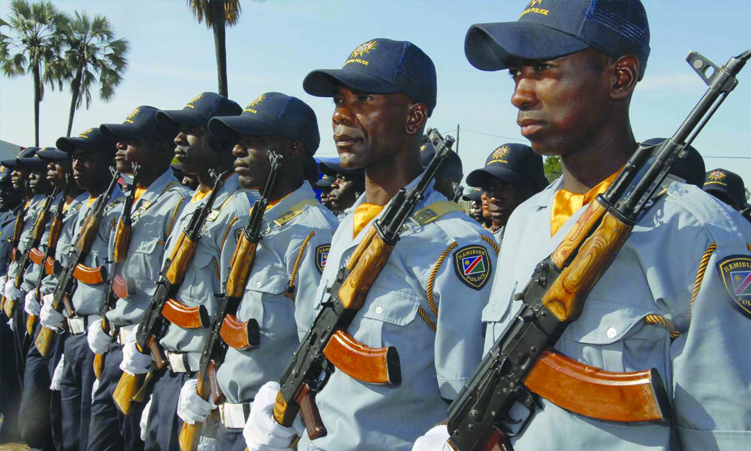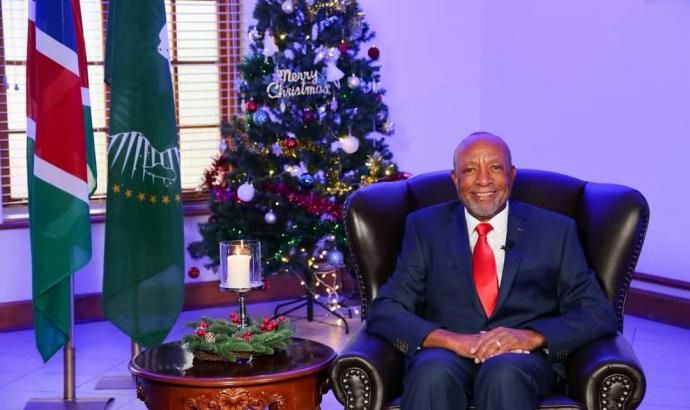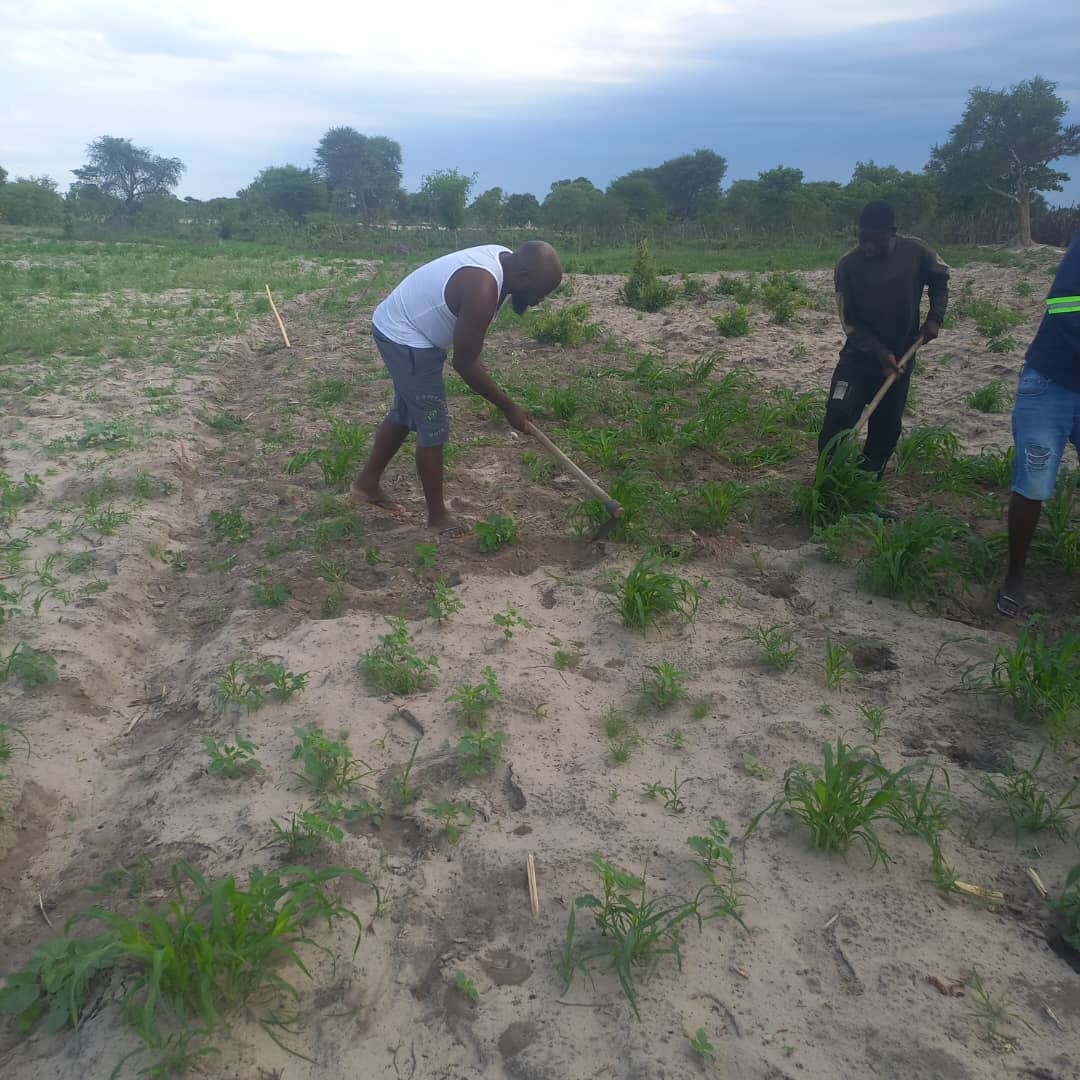Some law-abiding citizens will celebrate the killing of five suspected robbers in an alleged shoot-out with police at Okahandja, 70km north of Windhoek.
That’s to be expected as criminals terrorise and disrupt communities to such a degree that people cannot go about living productive and peaceful lives.
But five lives lost in a hail of bullets involving the police should not be taken lightly. And it is good that the police leadership have chosen to take time before issuing detailed statements.
So far the reports are that Nampol intelligence or serious crime units, together with the Windhoek City Police, tracked six robbers (who’d been under surveillance) trying to rob a gambling place at Okahandja in the wee hours of Wednesday morning.
The police account is that the suspects allegedly fired at the officers when they realised they were being followed. Five died on the spot in the ensuing gun fight. One got away and was apparently still at large by yesterday morning.
A detailed description of the shooting is necessary for several reasons. The most obvious explanation will come from the police for straightforward but narrow law enforcement purposes. However, a more crucial one will be sociological.
Did the police handle the tip-off and pursue the criminal suspects in line with the democratic demands of the Constitution?
More than mere policing, it is time the country’s political leadership step in with a broader inquiry into the widespread and rampant crime involving material goods.
Taking a sociological approach should help us understand what is happening on the ground as well as what steps are needed to solve pressing problems such as poverty as suggested by lawyer Kadhila Amoomo.
In response to the death of the five individuals who attempted to rob a casino, Amoomo suggested poverty, inequality and unemployment are the primary causes of criminal behaviour.
That is not entirely true. Crime is a multifaceted issue that cannot be attributed solely to these factors.
Oversimplifying the issue detracts from the crucial issue of cases of possible police misconduct and the potential for them to become a law unto themselves.
Poverty will never be an acceptable justification for crimes such as theft and robbery, but a sociological study is likely to show that something drastic needs to be done if social harmony is to be achieved in independent Namibia.
Clearly the country’s moral fibre is in tatters.
Some of those who celebrated the police action at Okahandja argue that even police officers are tired of having to keep chasing criminals who end up free on bail or win cases on technicalities in courts.
It seems police officers are not always clean either. In some cases, the police have been accused of allegedly being in cahoots with some criminals.
A mother and other relatives of a well-known Windhoek-based violent gang member known as Kablou have made sensational allegations that he was killed by police officers who he worked with as an informant.
Kablou’s mother went on record to allege she had provided information to the police about her son’s association with officers who would visit their home and leave him with large sums of cash.
It is important that the authorities use the shooting of the five robbers to take a comprehensive approach to rooting out crime and the procedures followed.
We hope the police record operations like these to ensure that they can be held accountable for their actions. Their word alone does not instil trust.
We agree with lawyer Norman Tjombe who said all life must be preserved at all costs, but if the police use force that results in the death of a suspect, that use of force should be justified.
The police alone are not able to ensure that criminality is brought to an acceptable low.
Without taking a comprehensive approach, the police can easily fall prey to becoming a law unto themselves, thus perpetuating a cycle of violent criminality.
May Nampol provide an explanation of the latest incident that does not raise more questions about the police having a dangerous licence to shoot to kill at will.
Stay informed with The Namibian – your source for credible journalism. Get in-depth reporting and opinions for
only N$85 a month. Invest in journalism, invest in democracy –
Subscribe Now!







